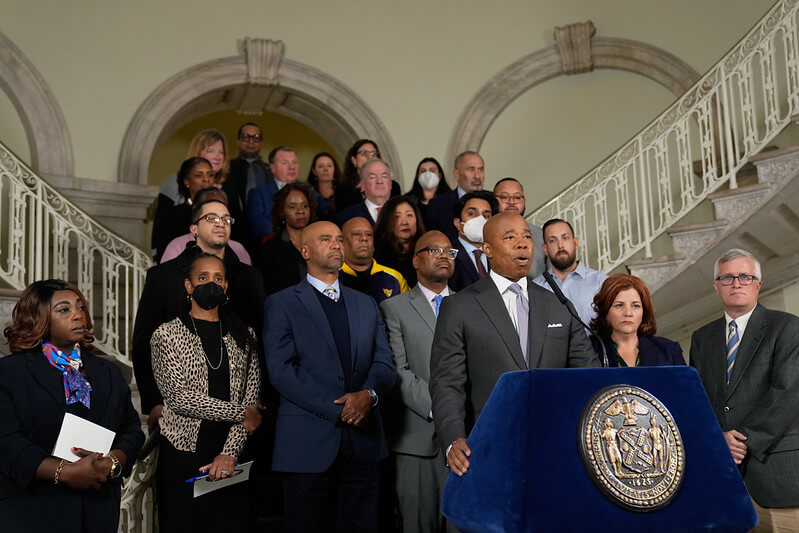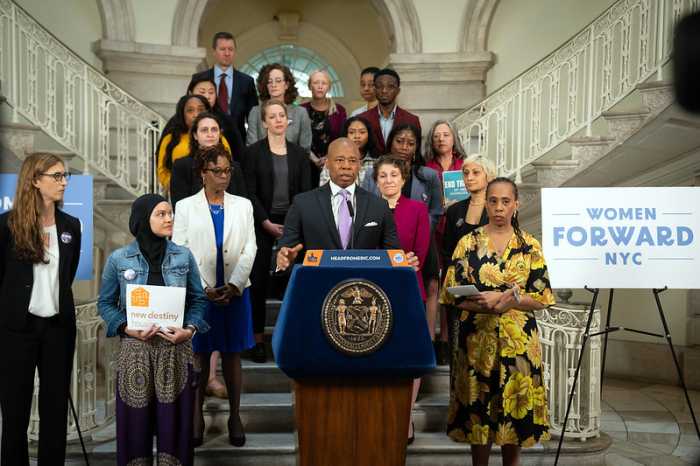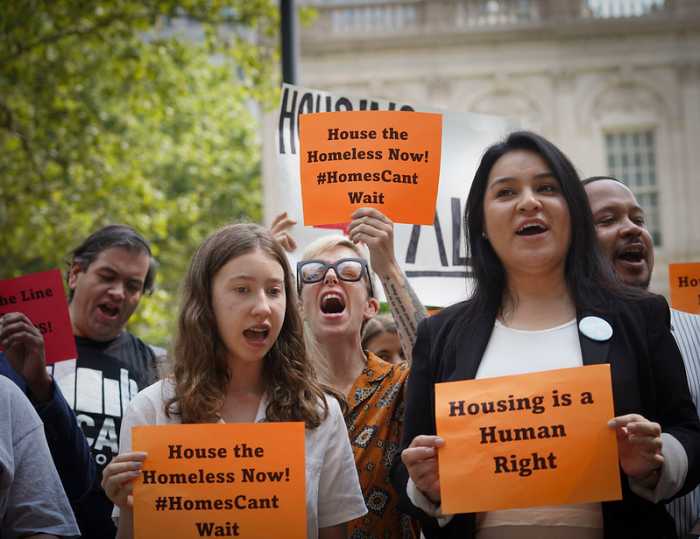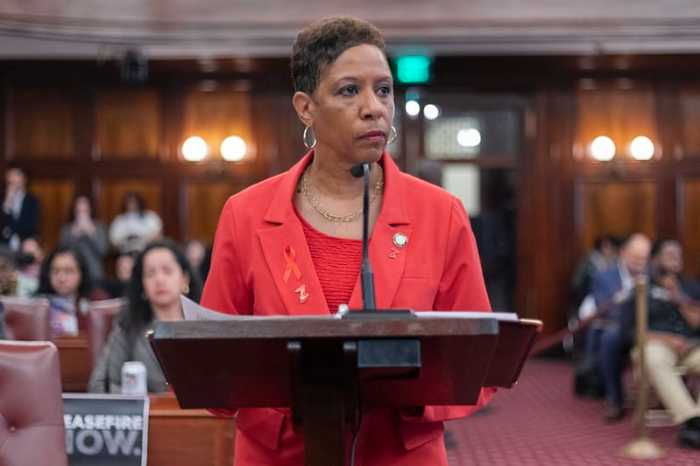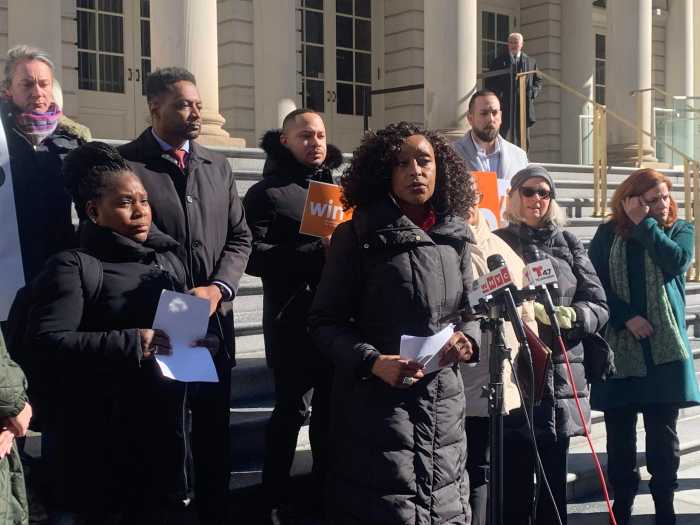New York City will allow city housing voucher holders to use their subsidies outside the five boroughs for the first time, Mayor Eric Adams announced on Tuesday.
Recipients of the vouchers — known as CityFHEPS — have thus far only been able to utilize the subsidy within the city but will now be able to apply it in any of New York state’s 62 counties. CityFHEPS, which is administered by the city Department of Social Services (DSS), covers most of the rent for homeless New Yorkers, allowing them to rent market rate apartments at little cost.
The move is a bid to free up more space in city homeless shelters as their population has spiked to over 113,000 people, mostly driven by the surge of 116,000 migrants into the Big Apple since last year — 60,000 of whom are still in the city’s care. The expansion would be a way to give CityFHEPS voucher holders more options, as many are currently stuck in homeless shelters due to the lack of affordable housing in the city.
“Our shelters are far past capacity, but thousands of households still remain left stuck without any affordable housing options across the five boroughs,” Adams said in a statement. “These reforms will give longtime New Yorkers the ability to move out of our city’s shelter system to other parts of the state with more affordable housing options, while simultaneously opening up space in our city’s shelter system for the approximately 10,000 migrants who continue to arrive in the city seeking shelter month after month.”
The Adams administration needed the state Office of Temporary and Disability Assistance’s (OTDA) signoff to implement the program expansion, according to a City Hall spokesperson. OTDA did not say “no” during a 30-day period after the city notified it of the change, the spokesperson said, allowing it to take effect.
The spokesperson said that while the city didn’t coordinate with specific localities around the state about the change, the administration does not expect it to get the same pushback as a program to bus migrants update has from over half of New York’s counties. The primary reason is that voucher holders are all New Yorkers who were here before the migrant surge and are eligible to work.
“We hope our partners across the state will greet these longtime New Yorkers with open arms and good job opportunities,” the mayor said.
While the mayor is taking this step to expand CityFHEPS, he unsuccessfully tried to stop the City Council from implementing a suite of other changes to the program earlier this summer. He opposed the bills, which will broaden eligibility for the vouchers to any New Yorker facing eviction, because he believes they are too expensive and there is not enough housing in the city to keep up with the demand they would create.
Adams moved to implement one of the changes the council wanted in June, eliminating a requirement that homeless individuals must spend at least 90 days in homeless shelters to be eligible for the subsidies. He also implemented a previous set of more modest reforms to make the vouchers more widely accessible last fall.
The council voted to override Adams’ veto to the legislation, which his administration will have to implement, although he has hinted at bringing legal action to halt the measures.
Former council speaker Christine Quinn, who now heads the homeless shelter provider WIN, was on the front lines pushing for the council’s CityFHEPS reform bills and was critical of Adams for opposing them. However, she applauded the mayor’s move to build out the program in a Tuesday statement.
“This policy will help New Yorkers find permanent, affordable homes from Buffalo Avenue in Brooklyn to the City of Buffalo in Western New York,” Quinn said. “At the same time, it will provide stable income for landlords across the state and save the City millions of dollars in shelter costs.”
Read More: City strikes $400M 5-year tentative deal with sanitation workers union



